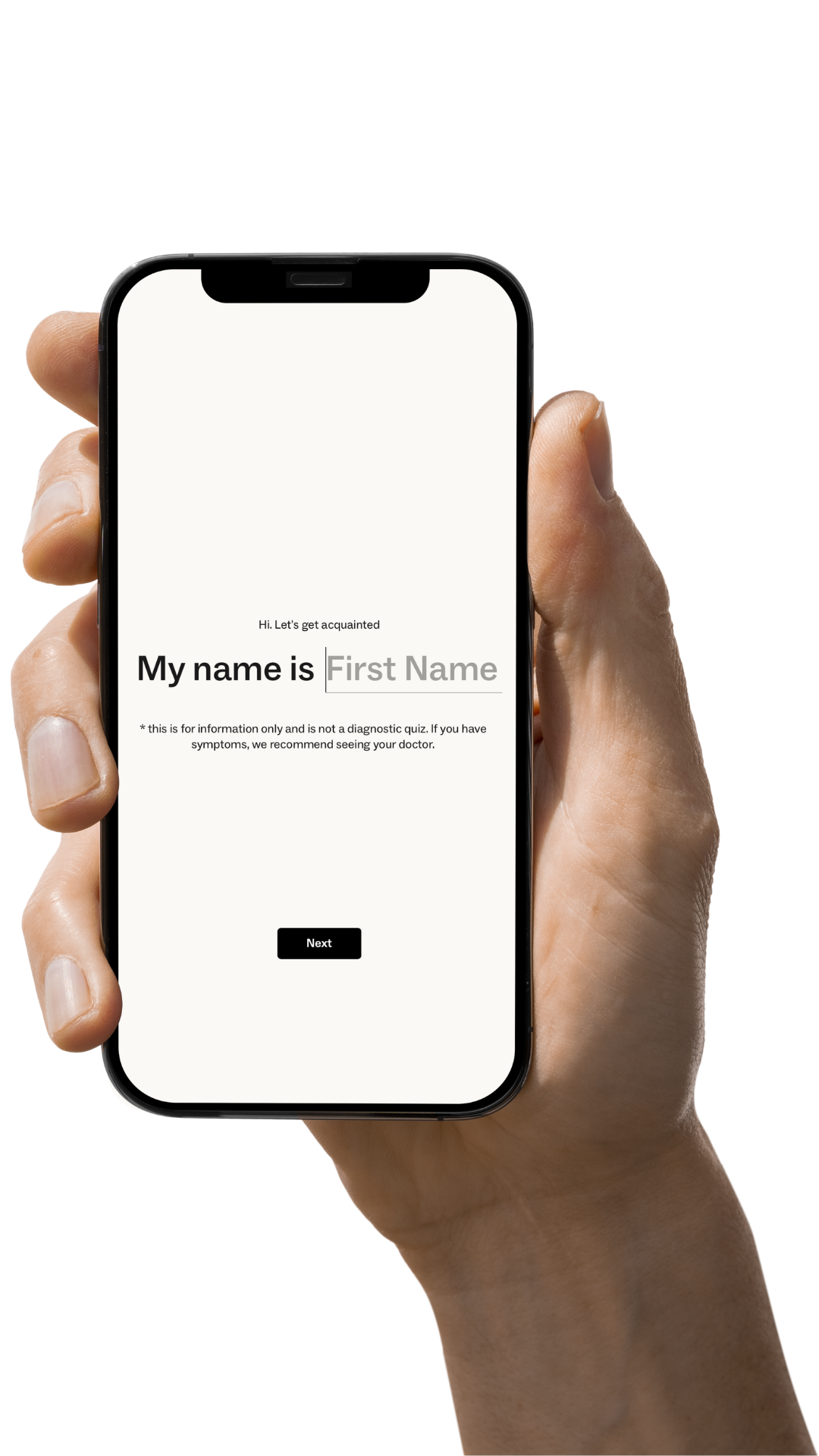There's a science, and an art to healing your gut sustainably.
In this article, I'll teach you how to quickly and reliably heal your gut. We'll begin by removing constipation, bloat, toxins and junk with Debloat Detox™, and then finish the job with some of our other tools.
The 3 Steps To Gut Healing
We've developed a simple 3 step system that when followed, will reliably help you to heal your gut.
Healing your gut sustainably means not only addressing the symptoms, but also understanding and addressing the root cause of your gut health problem.
After helping more than 50,000 people to better gut health, we can tell you that the main causes of gut (and skin) health problems stem from:
1. Poor diet
2. Over-dieting/over-exercising
3. Pharmaceuticals/Pesticides
4. High stress
Healing your gut for most people starts with removing toxin and bacterial buildup in the gut, and giving yourself a good flush.
At the same time as your cleanse with Debloat Detox™, if you are suffering with chronic bloating, poor digestion, or bad gas/breath, we strongly recommend using Bloat Clear™ and Digest+ for 3 months also.

Repairing and Supporting Your Gut
Healing your gut for good is a journey: and any journey always begins with a decision. Now you may have made the decision to start your journey, but have you also made the decision that you'll finish - even though there will be ups and downs?
When I began my own gut healing journey, I found mentors and examples to help me. I wish things had been easier, and clearer, and that's why I started My Way Up® – to make healing your gut simple.
Use Gut Repair™ and some of the supporting functional foods to help make your path smoother.
Eat mostly foods that you find easy to digest, and that don't cause you gas and bloating. Foods like raw vegetables, beans, legumes, and breads may cause you bloating. If so, try to put those foods to the side for now and lean into foods that you do digest easily.
You should not be getting bloated and gassy. If you are, please research this site further for our YES and NO foods, and commit to 3 months on Bloat Clear™, followed by one month off, then potentially an additional 2 months.
All the 3 steps can be done at once – and we recommend starting them at the same time. Use Gut Repair™ and the supporting foods for as long as you can.
I'm 5 years in to my healing journey and I have my collagen and liver, and take my Gut Repair™ daily.
And wouldn't you know it...my gut is still getting better and better.

